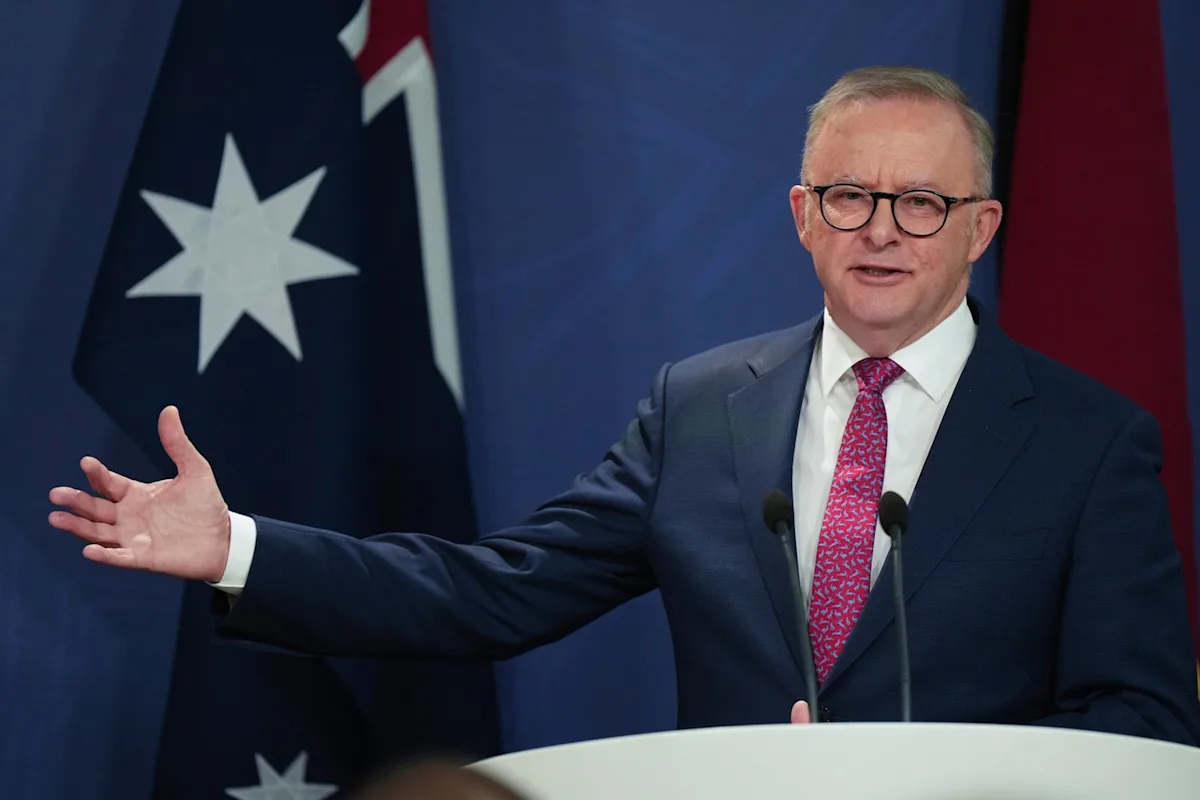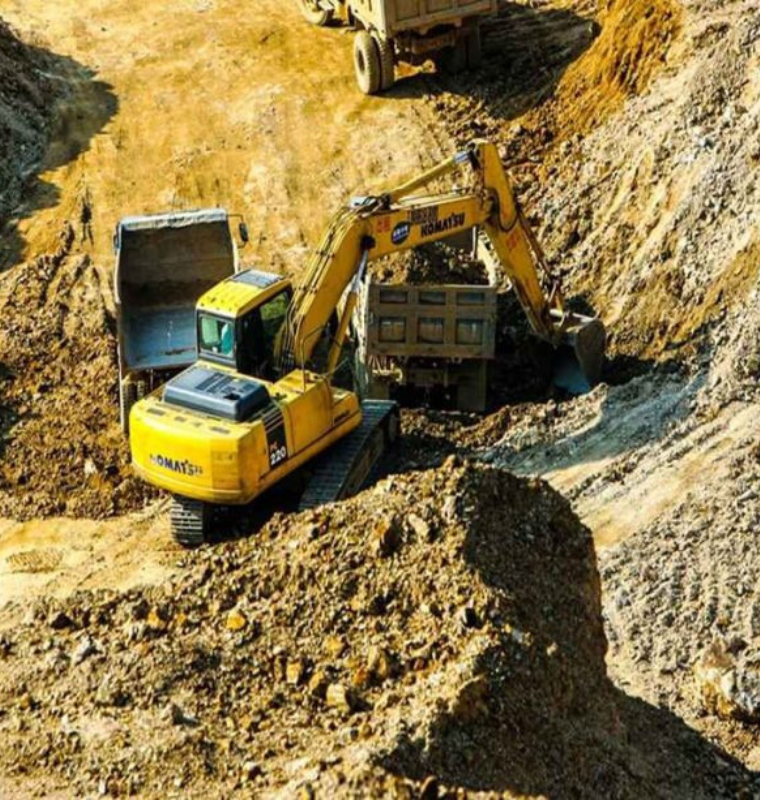United States and Australia Launch $8.5 Billion Critical Minerals Alliance to Counter China’s Supply Dominance
United States and Australia Launch $8.5 Billion Critical Minerals Alliance to Counter China’s Supply Dominance
By
David Goldfarb
Last updated:
October 21, 2025
First Published:
October 21, 2025

Photo: Yahoo News Canada
Washington and Canberra Seal Strategic Minerals Pact Worth $8.5 Billion
In a major step toward reshaping the global minerals landscape, U.S. President Donald Trump and Australian Prime Minister Anthony Albanese signed a sweeping agreement on Monday to expand cooperation on critical minerals and rare earths. The deal outlines a project pipeline worth up to $8.5 billion, aiming to strengthen supply chains for essential materials used in defense, technology, and renewable energy.
During their meeting at the White House, Albanese revealed that both nations will contribute $1 billion each over the next six months to fund immediately available projects. However, a subsequent White House fact sheet clarified that total investments over the same period would exceed $3 billion, framing the accord as a “strategic framework” designed to accelerate joint development in the critical minerals sector.
A Strategic Push to Secure the Supply Chain
The partnership underscores Washington’s growing urgency to reduce reliance on China, which currently dominates over 70% of global rare earth refining capacity. Rare earth elements are indispensable in the production of semiconductors, electric vehicles, advanced weapon systems, and clean energy technologies.
The agreement also empowers the Export-Import Bank of the United States (EXIM) to issue seven letters of interest, unlocking up to $5 billion in financing for critical mineral projects. This funding is expected to catalyze additional private-sector investment, accelerating exploration, extraction, and refining capabilities across Australia.
Pentagon Backs Gallium Refinery in Western Australia
One of the key projects under the new alliance will be a Pentagon-backed gallium refinery in Western Australia, which will have a capacity of 100 metric tons per year. The refinery is being developed in partnership with Alcoa and Japanese partners as part of a trilateral initiative to increase gallium production outside China.
Gallium is a critical input for semiconductors, solar panels, and defense technologies. Its supply has come under pressure since China introduced export restrictions on gallium and germanium earlier this month — a move widely seen as retaliation amid escalating U.S.-China trade tensions.
“In about a year from now, we’ll have so much critical mineral and rare earths that you won’t know what to do with them,” Trump said during a press briefing. “The goal is to ensure America and its allies never depend on any single country for materials that power our industries and protect our national security.”
Three Project Groups and Broader Cooperation
According to Albanese, the partnership will involve three major groups of joint projects focusing on extraction, processing, and technology collaboration. Companies like Alcoa, Lynas Rare Earths, and Iluka Resources are expected to play central roles in implementing these initiatives.
The prime minister emphasized that the projects would “create jobs, drive sustainable growth, and establish Australia as a global hub for clean energy materials.” One of the joint ventures includes a U.S.-Australia-Japan collaboration to process and export rare earth concentrates to allied nations.
Escalating U.S.-China Trade Tensions
The timing of the minerals deal comes amid renewed trade friction between Washington and Beijing. Earlier this month, China imposed stringent export controls on rare earth elements, threatening global supply chains and prompting swift responses from Western governments.
In response, President Trump warned of 100% tariffs on Chinese goods starting November 1, unless Beijing relaxes its export restrictions. “They threatened us with rare earths, and I threatened them with tariffs — but we’re ready to respond in other ways if necessary,” Trump told reporters.
The U.S. president confirmed plans to meet Chinese President Xi Jinping in South Korea later this month, followed by an official visit to China early next year, signaling that diplomatic talks remain open despite escalating rhetoric.
A Long-Term Vision for Energy and Security Independence
The $8.5 billion framework is more than a financial deal — it represents a long-term strategy to secure Western access to critical resources that underpin both economic growth and national defense.
Australia, one of the few countries outside China with large-scale rare earth processing facilities, is set to play a leading role in diversifying global supply chains. By aligning closely with the U.S., Canberra strengthens its position as a reliable source of strategic materials for allied nations.
For Washington, this partnership not only ensures a stable supply of essential minerals but also supports the broader industrial policy of rebuilding domestic manufacturing and clean energy capabilities.
As global demand for critical minerals is projected to triple by 2035, this U.S.-Australia alliance may prove pivotal in shaping the next decade of international trade, energy transition, and geopolitical balance.
Popular articles
Subscribe to unlock premium content
The Hidden Economy of Minecraft Server Plugins That Earn Thousands Monthly

Why Classic Ferrari F40s Command Prices Higher Than Some Modern Hypercars

How The Gentle Monster Sunglasses Brand Became a Cult Fashion Phenomenon in Korea

The Hidden Economy of Minecraft Server Plugins That Earn Thousands Monthly

Why Classic Ferrari F40s Command Prices Higher Than Some Modern Hypercars

The Hidden Economy of Minecraft Server Plugins That Earn Thousands Monthly









